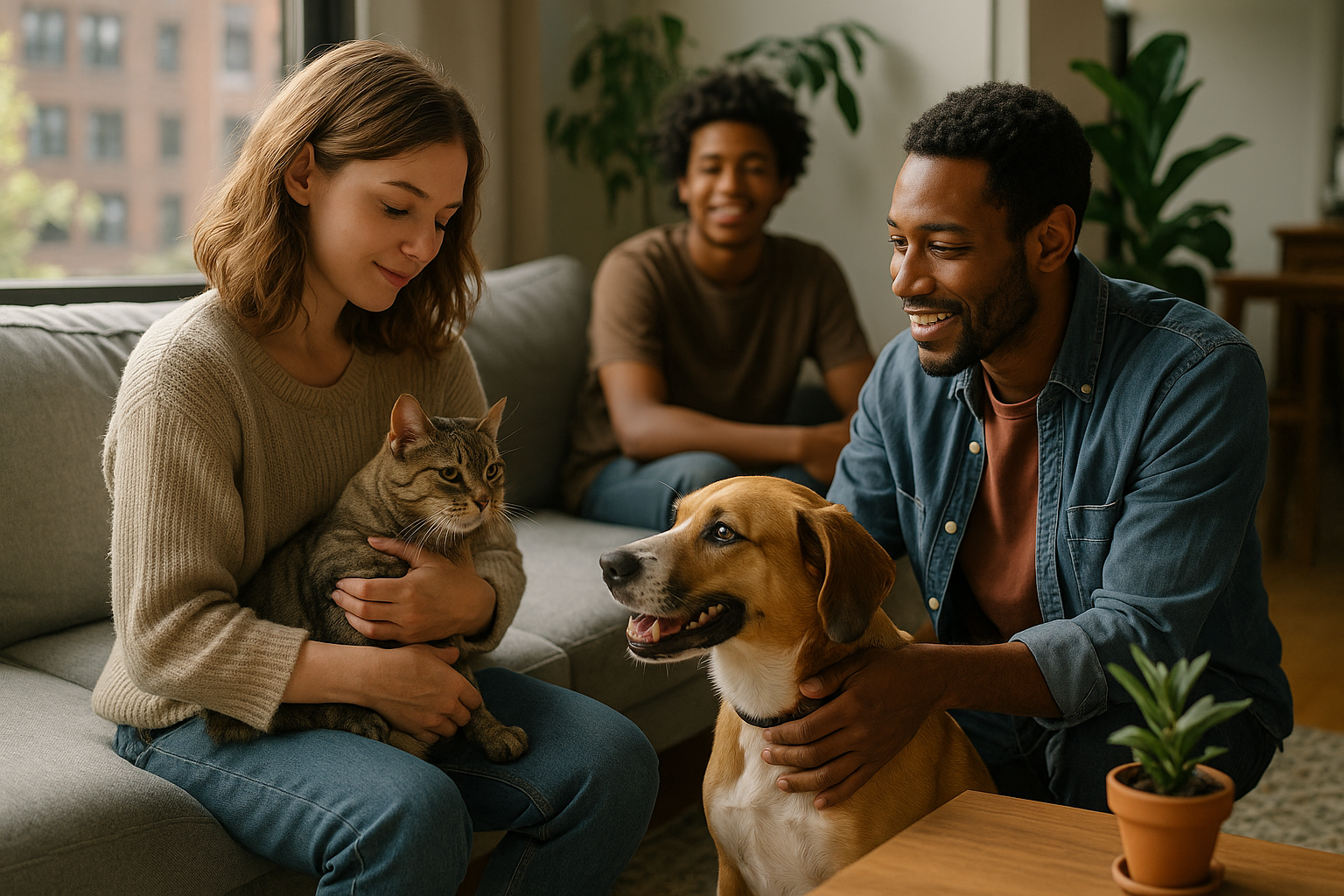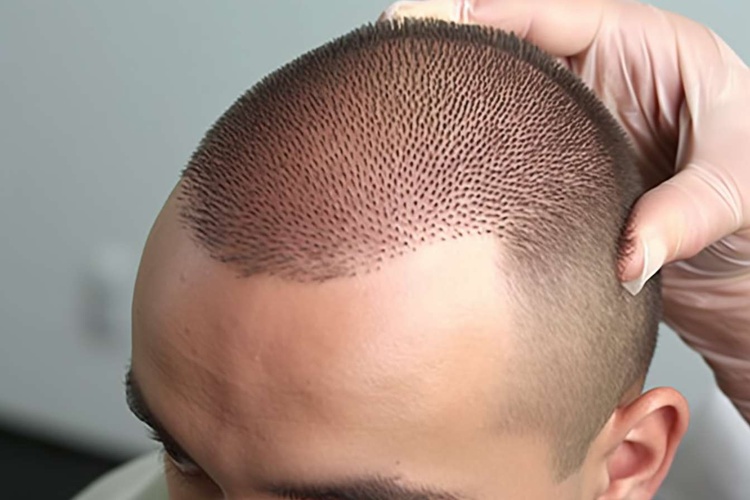The Sociocultural Fabric of Pet Ownership: A Modern Perspective
From man's first domestication of wolves to the explosion of designer dog breeds, pet ownership has long been a cornerstone of human society. This article delves into the role of pets in today's society, exploring how our relationships with our furry friends are shaped by socioeconomic factors, cultural trends, and the shifting dynamics of modern life.

The Historical Context of Pet Ownership
Pet ownership has deep historical roots, with evidence of domesticated animals dating back almost 10,000 years. In ancient societies, pets often served practical purposes, such as hunting or guarding, but they were also cherished as companions. The Egyptians even believed that pets could accompany their owners into the afterlife. Over the centuries, pets have remained a constant in human society, even as their roles have evolved to reflect changing values and lifestyles.
The Modern Landscape of Pet Ownership
Today, pets are viewed less as working aids and more as family members. This shift can be attributed to various factors, including the increase in urban living, where pets offer companionship in isolated environments. There’s also a growing body of research suggesting that pets can bring health benefits, including reduced stress levels and improved physical well-being, which has further fueled the rise of pet ownership.
The Sociocultural Influence of Pet Ownership
Pet ownership is not merely a personal choice; it also reflects broader societal trends. The “humanization” of pets, for instance, mirrors a general trend towards individualism and personal fulfillment. Pets offer a source of emotional support and unconditional love, catering to the modern desire for meaningful, non-judgmental relationships. The rise of social media has also amplified this trend, with pets becoming a popular online phenomenon and a tool for self-expression.
The Implications of Pet Ownership Trends
The changing dynamics of pet ownership have significant implications. For one, they have sparked a booming pet industry, complete with premium pet food, luxury pet accessories, and pet-focused services. This, in turn, has economic implications, creating jobs and contributing to consumer spending. On a societal level, the “pet boom” has implications for urban planning and housing policies, with a growing demand for pet-friendly living spaces and public areas.
The Future of Pet Ownership
Looking ahead, it’s likely that pets will continue to hold a special place in our society. However, as our lifestyles become more digital and our living spaces more constrained, new forms of pet ownership may emerge. Already, we see the rise of virtual pets and pet rental services, catering to those who can’t commit to traditional pet ownership.
In conclusion, pet ownership is more than a personal predilection; it’s a reflection of our sociocultural fabric. As we navigate the complexities of modern life, our relationships with our pets offer a glimpse into our changing values, aspirations, and societal norms. Whether through the lens of history, economics, or social trends, the role of pets in society offers a rich tapestry of insights into the human experience.






